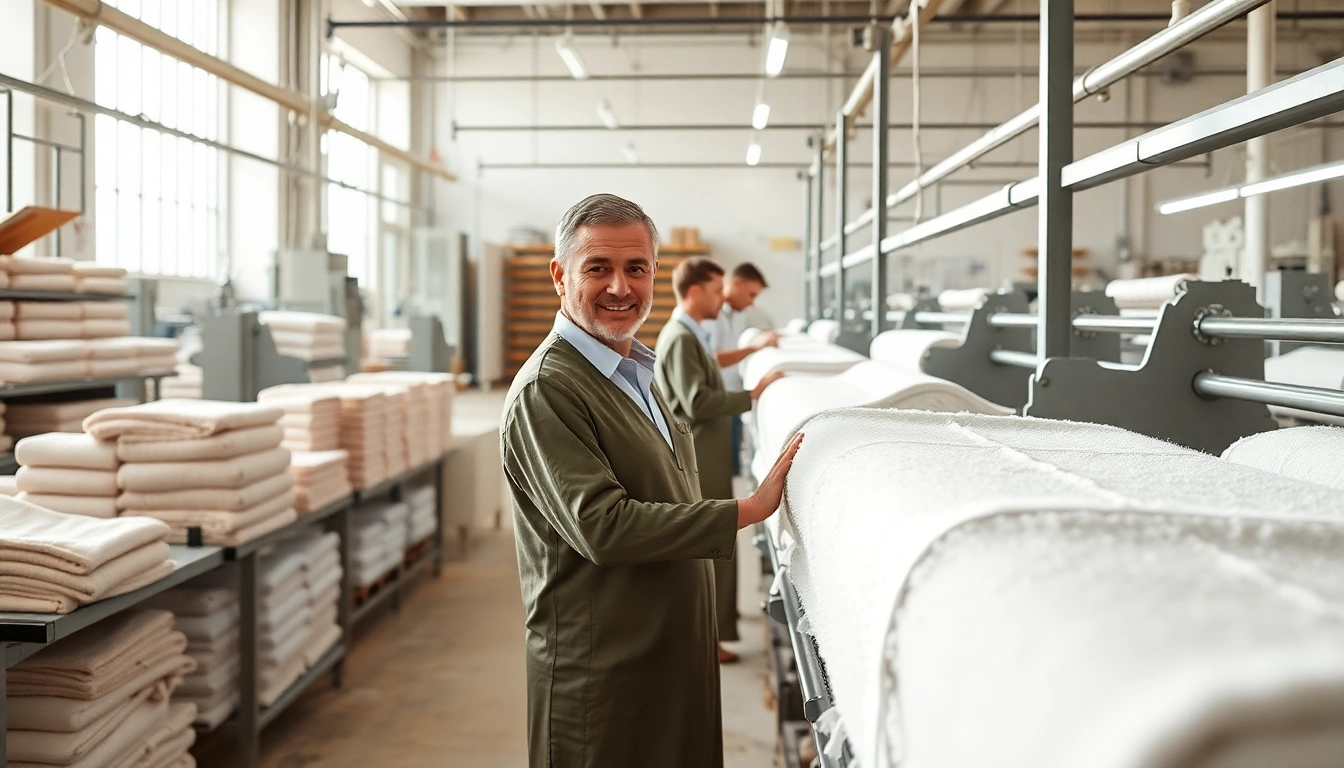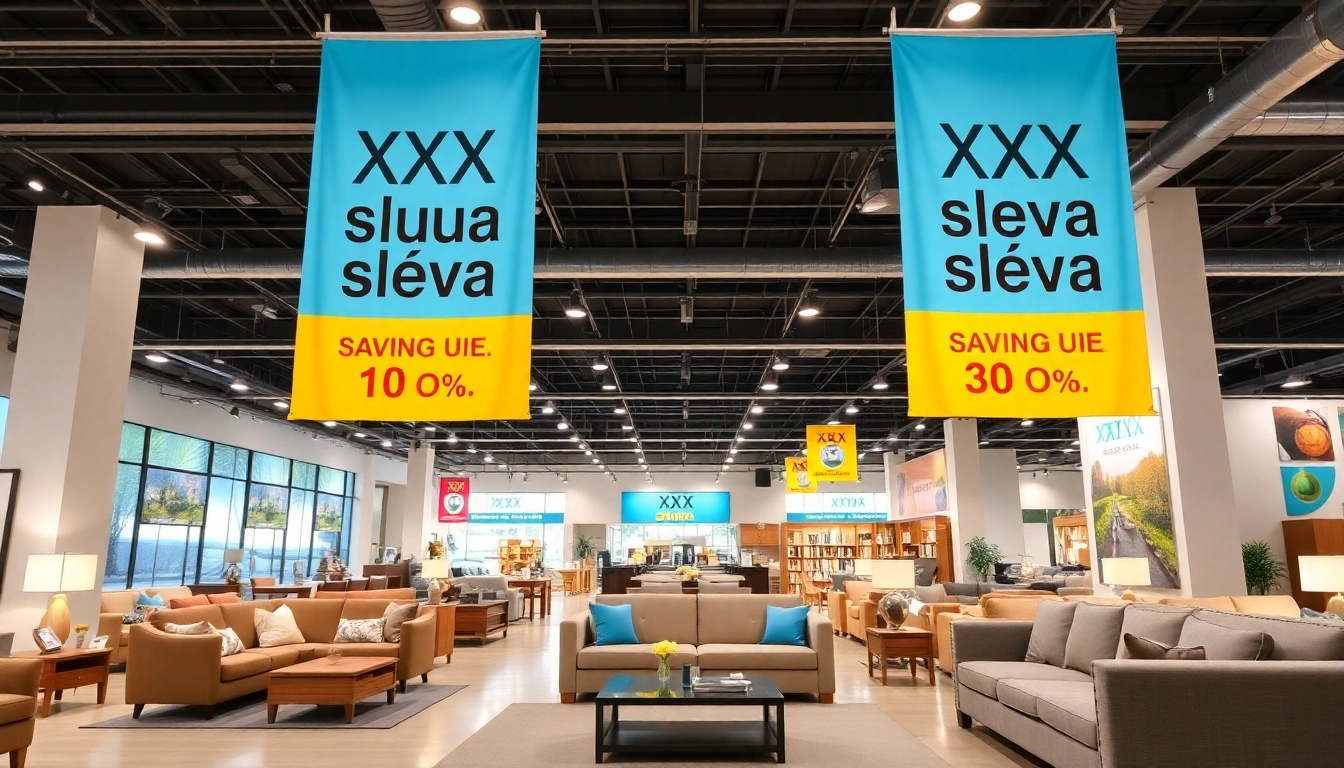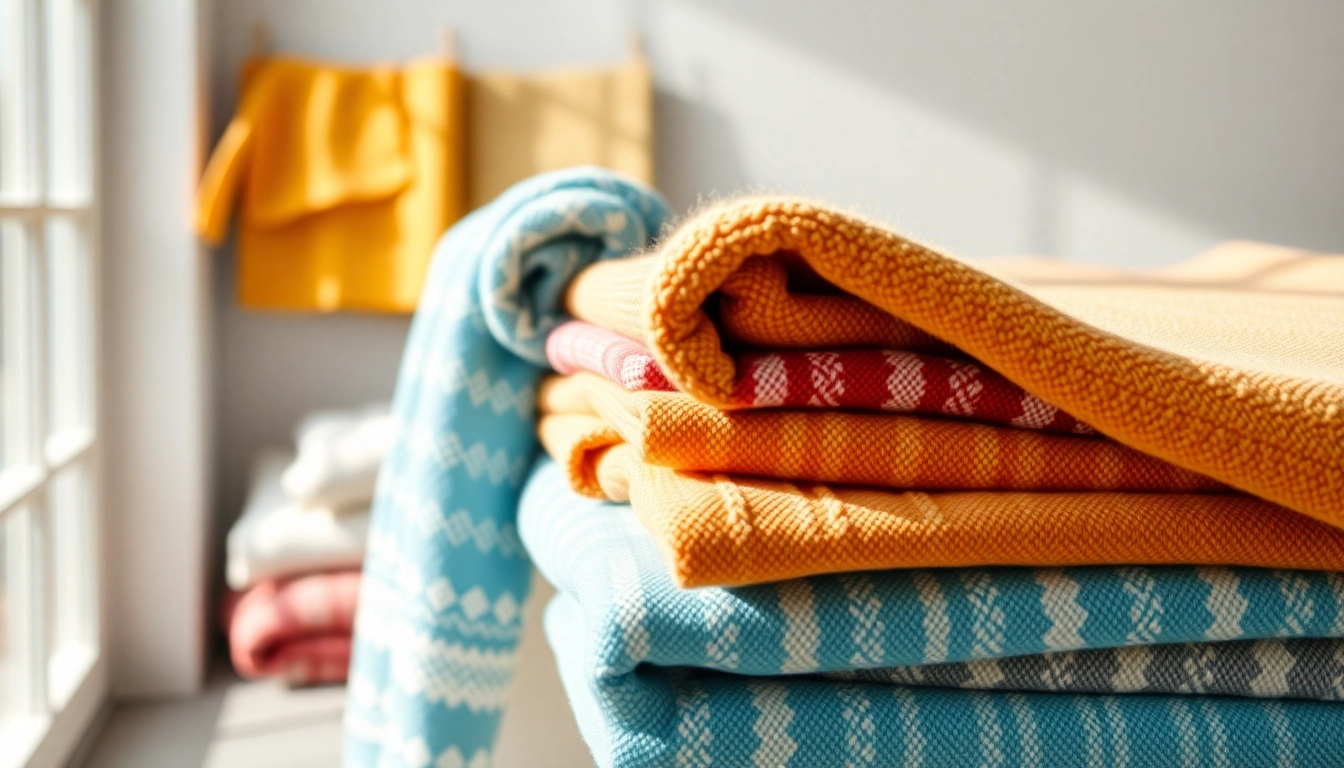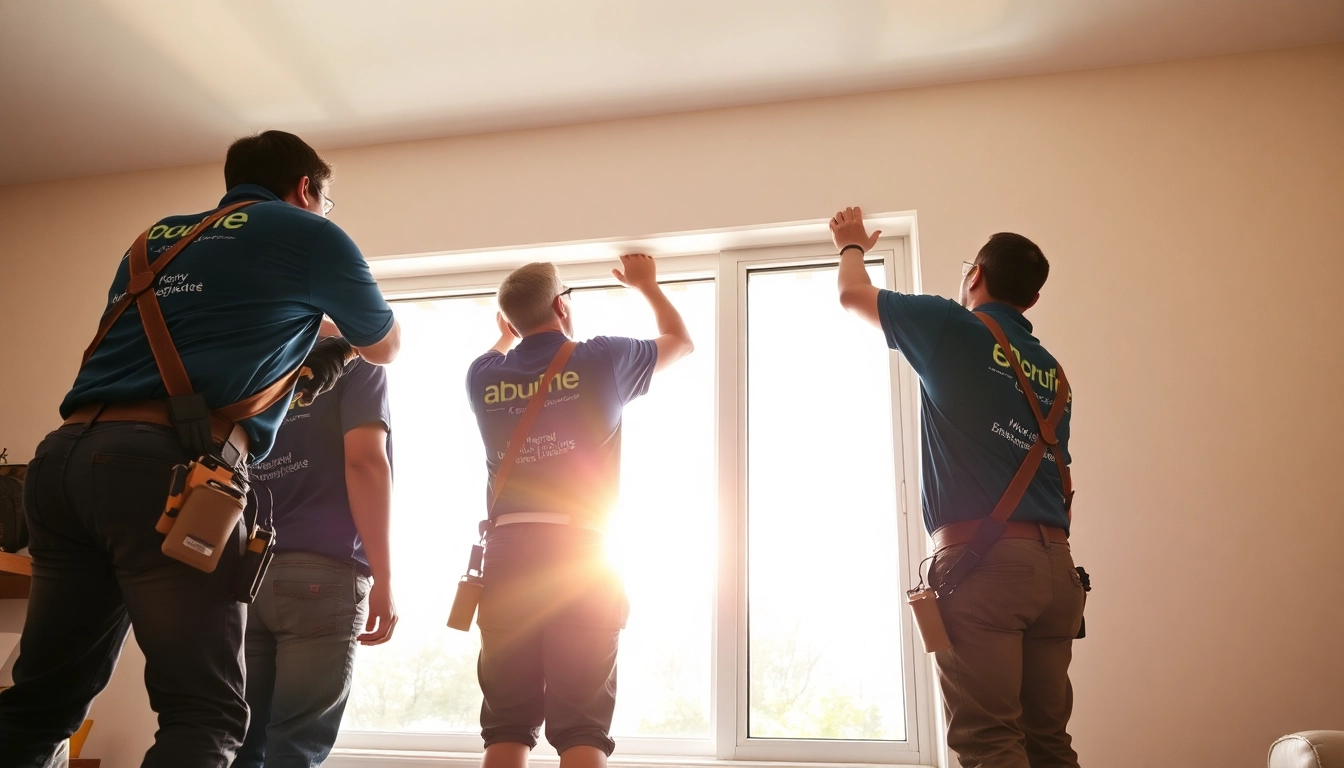Understanding the European Towels Manufacturing Landscape
Overview of the European Textile Industry for Towels
Europe boasts a rich and diverse textile industry, renowned worldwide for its commitment to quality, innovation, and sustainability. Within this vibrant sector, towel manufacturing holds a prominent position, driven by both traditional craftsmanship and modern technological advancements. European towel manufacturers leverage centuries-old techniques alongside cutting-edge textile engineering to produce high-quality products that meet the stringent standards demanded by global markets.
Towels manufacturer in Europe are known for their superior craftsmanship, sustainable practices, and ability to customize products to specific brand needs. This blend of heritage and innovation facilitates a competitive landscape where European manufacturers consistently deliver towels that are not only functional but also aesthetically appealing.
The European textile industry is also heavily influenced by regulatory frameworks emphasizing environmental responsibility, fair labor practices, and product safety. These regulations encourage manufacturers to adopt eco-friendly raw materials, reduce waste, and implement ethical production processes, thus elevating the overall quality and sustainability of European towels.
Key Regions and Countries Dominating Towel Production
Certain countries within Europe have established themselves as centers of excellence in towel manufacturing. Italy, Sweden, Portugal, and the UK are among the leaders, each contributing uniquely to the global market.
- Italy: Renowned for luxury textiles, Italian manufacturers like Almatex S.R.L. have a long history of producing high-end, plush towels and bathrobes using premium Italian cotton. The Italian emphasis on design, quality, and sustainability makes their products highly sought after in luxury and hospitality sectors.
- Portugal: Known for efficient production and competitive pricing, Portuguese manufacturers like Torres Novas have a legacy dating back to 1845. They specialize in soft, durable bath towels with a strong focus on eco-friendly raw materials.
- Sweden: Ekelund Studio exemplifies organic, environmentally responsible manufacturing, offering organic cotton and linen towels crafted from sustainable sources, appealing to eco-conscious consumers.
- United Kingdom: Bursali Towels provides bulk supply for hotels and spas, emphasizing high-quality, durable towels tailored for professional hospitality use.
Market Trends and Buyer Preferences in Europe
The European market for towels is increasingly driven by consumer preference for sustainability, softness, and customization. Eco-friendly materials such as organic cotton, bamboo, and recycled fibers are gaining prominence, supported by certifications like GOTS (Global Organic Textile Standard) and OEKO-TEX®.
Additionally, consumers and businesses alike seek towels that combine functionality with aesthetics—think bold colors, innovative textures, and personalized branding options. The rise of wellness and eco-tourism sectors also fosters demand for premium, spa-quality towels that emphasize luxury and environmental responsibility.
Choosing the Right Towels Manufacturer in Europe
Criteria for Evaluating European Towel Manufacturers
Selecting the ideal European towels manufacturer requires careful consideration of several factors:
- Product Quality: Assess fabric durability, softness, and absorbency through samples and certifications.
- Customization Capabilities: Ensure they can tailor designs, branding, and sizes to meet your specifications.
- Production Capacity and Lead Times: Match their output volume with your demand, and confirm their ability to deliver within your timeline.
- Pricing and Flexibility: Obtain transparent quotes and see if they accommodate pricing structures for bulk or private label orders.
- Reputation and Client Portfolio: Review testimonials, case studies, and their experience working with brands similar to yours.
Certifications and Quality Standards to Consider
Certifications ensure transparency, safety, and adherence to quality benchmarks. For towels manufactured in Europe, key standards include:
- OEKO-TEX® Standard 100: Signifies textiles free from harmful substances
- GOTS: Ensures organic integrity and environmentally sustainable practices
- ISO 9001: Standard for quality management systems
- ISO 14001: Focuses on environmental management and sustainability
Manufacturers holding these certifications demonstrate a commitment to quality and eco-conscious production, enhancing their credibility and appeal to discerning buyers.
How to Assess Sustainability and Ethical Practices
Sustainability is no longer optional; it is an expectation. When evaluating European towel manufacturers, consider their raw material sourcing, energy use, waste management, and labor policies. Leading manufacturers often provide transparency through sustainability reports and third-party audits.
Eco-friendly practices include using organic or recycled fibers, reducing water and energy consumption, and ensuring fair labor conditions. For example, companies like Ekelund emphasize organic certification and sustainable weaving processes—qualities that resonate with eco-conscious consumers.
Design, Customization, and Product Range
Popular Towel Styles and Materials in Europe
European manufacturers produce a wide array of towel styles to suit diverse markets:
- Bath Towels: Luxurious, plush, often made from high GSM (grams per square meter) cotton for softness and absorbency.
- Beach Towels: Larger, vibrant, with prominent patterns suitable for leisure and branding.
- Spa and Hotel Towels: Durable, high-quality, often in white or neutral tones.
- Organic and Eco-Friendly Towels: Crafted from organic cotton or bamboo, appealing to eco-conscious buyers.
Private Label and Custom Branding Opportunities
Establishing a unique brand identity is vital in the competitive European textile market. Many manufacturers offer private label services, enabling you to incorporate your logo, choose custom colors, and specify fabric options. This facilitates branding for hotels, spas, or retail outlets that want a distinctive look.
The process typically involves collaborating on design prototypes, approving samples, and managing lead times to ensure timely delivery for product launches or rebranding efforts.
Innovations in Fabric Technology and Eco-friendly Options
Innovations are continuously transforming towel manufacturing. These include the development of quick-drying fabrics, antimicrobial treatments, and biodegradable fibers. Technologies like zero-twist yarns enhance softness and durability while reducing fiber shedding.
Eco-friendly options leverage organic raw materials and environmentally conscious dyes, reducing water and chemical usage during production. Manufacturers are increasingly adopting recycled polyester from PET bottles or using natural dyes to meet consumer demand for sustainable products.
Working with European Towel Manufacturers
Steps to Establish Successful Partnerships
Building a strong relationship with your European towel manufacturer involves clear communication of expectations, detailed negotiations, and ongoing collaboration. Begin with thorough research, requesting samples, and visiting facilities if possible. Establish transparent contractual terms covering quality standards, lead times, and pricing.
Regular communication, understanding cultural differences, and fostering trust are key to long-term success.
Logistics, Lead Times, and Pricing Negotiation
Efficient logistics are crucial. Many European manufacturers operate from centralized hubs, offering swift production and shipping options. Lead times can vary from 4 to 12 weeks depending on order complexity and customization. Negotiating bulk discounts and flexible payment terms can help optimize costs.
Engage logistics providers familiar with European trade to streamline customs clearance and delivery.
Ensuring Quality Control and Consistency
Implementing rigorous quality control protocols is essential. Regular audits, managing quality checkpoints during manufacturing, and obtaining certifications reduce the risk of defects. Establish clear communication channels for quality issues and request detailed reports.
Some manufacturers offer pre-shipment inspections and third-party audits to assure product conformity.
Maximizing Impact: Promoting Your European Towel Brand
Effective Marketing Strategies for Towel Brands
Differentiating your brand in Europe involves emphasizing quality, sustainability, and customization. Content marketing, social media campaigns, and participating in textile trade shows increase brand visibility. Highlighting unique features such as organic sourcing or innovative fabric technologies resonates with eco-conscious consumers.
Collaborations with hospitality chains or health and wellness brands can expand reach and credibility.
Leveraging Sustainability as a Brand Differentiator
Sustainability is a decisive factor for many European consumers. Incorporate eco-labels, transparent supply chain practices, and storytelling around your sustainable initiatives. For example, showcasing how your towels are made from organic cotton or recycled materials enhances brand appeal.
Certifications and customer testimonials further reinforce your commitment to environmental responsibility.
Enhancing Customer Loyalty Through Quality and Service
Consistent product quality and excellent customer service foster loyalty. Offer flexible ordering options, reliable delivery schedules, and responsive support. Listening to customer feedback and adapting product offerings accordingly can differentiate your brand in a competitive landscape.




